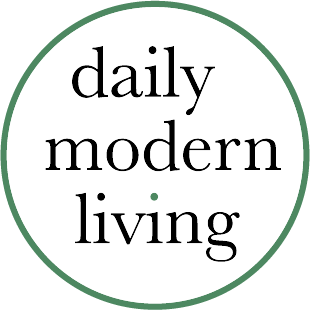finding peace 3.0: when uncertainty hits closer to home
This past Spring, I wrote about walking with ease. Unbeknownst to me, that post turned out to be a prescient message to myself. In April, I was diagnosed with rheumatoid arthritis (RA). RA is an autoimmune disease fueled by inflammation. It can affect your joints, heart, lungs, fascia, blood vessels, vocal cords, and it can create fatigue like nobody’s business. I felt relief in having answers to my body’s aching questions; however, new fears surfaced, creating a new bout of uncertainty. This time, it didn’t look like war in another country, or my mother’s death. This time, uncertainty came cloaked as a threat to my health and well-being.
The diagnosis snapped me into focusing on my health. It forced me to sleep eight hours, to cut out gluten, dairy, sugar and alcohol (with zero to minimal cheating!), and to get ok with altering plans when my body was tired. In retrospect, my diagnosis was a wake-up call to prioritize myself and to lean into unapologetic self-care.
The uncertainty of waiting for my first rheumatology appointment, waiting to see my response to medications, and testing the bounds of my energy levels stirred up a cocktail of consternation. Nine months in, I’m settling into a routine that includes tolerable levels of medication in exchange for the use of my hands, legs and feet. The grief of losing my “go, go, go” pace of life is fading, and with it, I’m welcoming a slower, more intentional way of living.
Uncertainty takes many forms – the death of a loved one, a job loss, a divorce, a medical diagnosis, or the effects of the current geopolitical conditions. The common denominator? Not knowing what’s next. If you are navigating uncertainty, I share my story with the hope it will help you navigate yours.
Here are the things I’m learning on my journey to finding peace:
It’s OK to not be OK. It’s ok to sit in your feelings while you process information. Just don’t stay there too long! Tell your people you just need a listening ear and you’re not looking for them to fix the situation.
Community is everything. As I slowly shared my news, I expanded my network of support. Before I could blink an eye, a dear friend cleared her calendar to accompany me to my first rheumatology appointment. Another friend helped me find a therapist that specialized in chronic illness. My dear friend and herbalist supports my health with tinctures to help my kidney and liver process the heavy medications. And the phone calls from people checking in to see how I’m feeling make all the difference. My friends, family, doctors, and specialists all bring their magic to my tight-knit web of community and I am grateful for it.
I am also learning “not to ask a plumber to bake a cake.” In other words, don’t ask people to do things they don’t have the capacity to do. If you don’t get the support you need, don’t force it. Focus your energy on the people who show up for you. 🍰
Stay in the present moment. Will my disease get better or worse? Will I be able to use my hands to cook and create art? Every day, when I make space for meditation and quiet time, I ask my body what it needs and I let those answers guide me. Being present in my body brings awareness to what is. In this moment, I give thanks for being able to use my hands. It inspires me to create, and to not squander my days of dexterity.
I can change my mind. When new symptoms arise, I remind myself I have an awesome team of people to help guide me in my decision-making. It’s OK to change course, to do the thing I didn’t plan on doing.
I realize that even on good days, these four lessons remain true. Together, they create room for grace, helping me adapt to the changes my body needs in daily life—not with resistance or resignation, but with a sense of peace.

